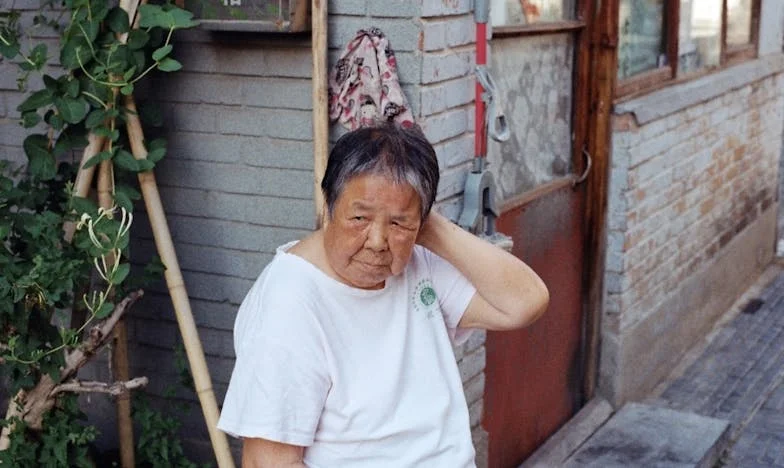“Grandma Steps In: Convincing Her to Care for My Child”
Life has a way of throwing curveballs when you least expect them. As a single parent and a full-time nurse, I found myself in a situation where I had no choice but to ask my 78-year-old grandmother to help care for my young son, Ethan. It wasn’t an easy decision, and it certainly hasn’t been an easy journey.
My grandmother, whom we affectionately call Nana, has always been a pillar of strength in our family. At 78, she is still remarkably independent, but I knew asking her to take on the responsibility of caring for a lively five-year-old would be a significant challenge. However, with no other family nearby and my demanding work schedule, I had no other options.
Convincing Nana to help was the first hurdle. She was hesitant, understandably so. “I’m not as young as I used to be,” she said, her voice tinged with concern. “Are you sure there’s no one else who can help?”
I explained my situation to her, the long hours at the hospital, the lack of affordable childcare options, and the importance of my job. “Nana, I wouldn’t ask if I had any other choice,” I pleaded. “I know it’s a lot to ask, but I need your help.”
After much discussion and many reassurances, Nana reluctantly agreed. We set up a routine that would hopefully make things easier for her. Ethan would stay with her during my shifts, and I would pick him up as soon as I could. We also arranged for a neighbor to check in on them regularly.
The first few weeks were tough. Ethan, full of energy and curiosity, was a handful for Nana. She struggled to keep up with his boundless enthusiasm and constant need for attention. There were days when she looked exhausted, and I felt a pang of guilt every time I saw her weary face.
One evening, after a particularly grueling shift, I came to pick up Ethan and found Nana sitting in her favorite armchair, looking more tired than usual. “How was today?” I asked, trying to keep my voice light.
She sighed deeply. “He’s a good boy, but it’s hard for me. I’m not as strong as I used to be.”
I felt a lump in my throat. “I’m so sorry, Nana. I wish there was another way.”
She reached out and patted my hand. “I know you’re doing your best, dear. We’ll manage somehow.”
As the months went by, the strain on Nana became more apparent. She started having trouble sleeping and complained of aches and pains more frequently. Despite her best efforts, it was clear that caring for Ethan was taking a toll on her health.
One day, I received a call from the neighbor who checked in on them. “You need to come home right away,” she said urgently. “Your grandmother isn’t well.”
My heart raced as I rushed home. When I arrived, I found Nana lying on the couch, pale and weak. We rushed her to the hospital, where the doctors confirmed that she had suffered a mild stroke.
The guilt was overwhelming. I had pushed Nana too hard, and now she was paying the price. As she lay in the hospital bed, I held her hand and whispered apologies through my tears.
After her recovery, it was clear that Nana could no longer care for Ethan. We had to find another solution, one that wouldn’t jeopardize her health further. It was a difficult decision, but we eventually found a daycare center that could accommodate our needs.
The experience left me with a heavy heart and a deep sense of regret. I had asked too much of Nana, and it had nearly cost her everything. While we managed to find an alternative solution for Ethan’s care, the emotional scars remained.
In the end, there was no happy ending to our story. It was a harsh reminder of the sacrifices we sometimes ask of our loved ones and the unintended consequences that can follow.
